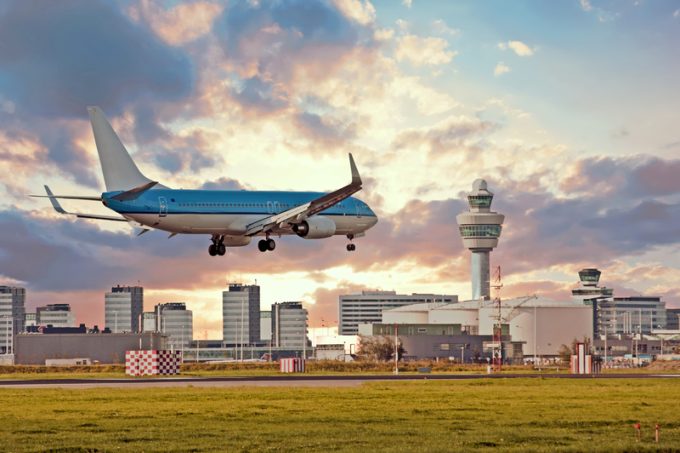Joost van Doesburg to step down as cargo head at Schiphol
Head of cargo at Royal Schiphol Group Joost van Doesburg will step down on 1 ...

News that Schiphol (AMS) has grown its cargo volumes in the first half of the year has not dispelled stakeholder concern about the amount of cargo capacity at the airport.
AMS revealed this week that its H1 freight volumes this year were 8.7% up on the same period of 2023. For the first six months of 2024, AMS handled 738,414 tonnes of cargo.
This was largely due to a 12.5% growth in passenger flights, which meant belly cargo grew 23.3% year on ...
Trump tariffs see hundreds of cancelled container bookings a day from Asia
'Disastrous' DSV-Schenker merger would 'disrupt European haulage market'
'To ship or not to ship', the question for US importers amid tariff uncertainty
'Chaos after chaos' coming from de minimis changes and more tariffs
List of blanked transpac sailings grows as trade war heats up and demand cools
EC approves DSV takeover of DB Schenker
Shippers in Asia restart ocean shipment bookings – but not from China
Forto 'sharpens commercial priorities' as it lays off one-third of staff
India withdraws access for Bangladesh transhipments, in 'very harmful' decision
'Tariff hell' leaves industries in limbo – 'not a great environment to plan'
IndiGo fleet expansion plan will include a major push to boost cargo volumes
Pre-tariff rush of goods from US to China sees air rates soar, but not for long

Comment on this article